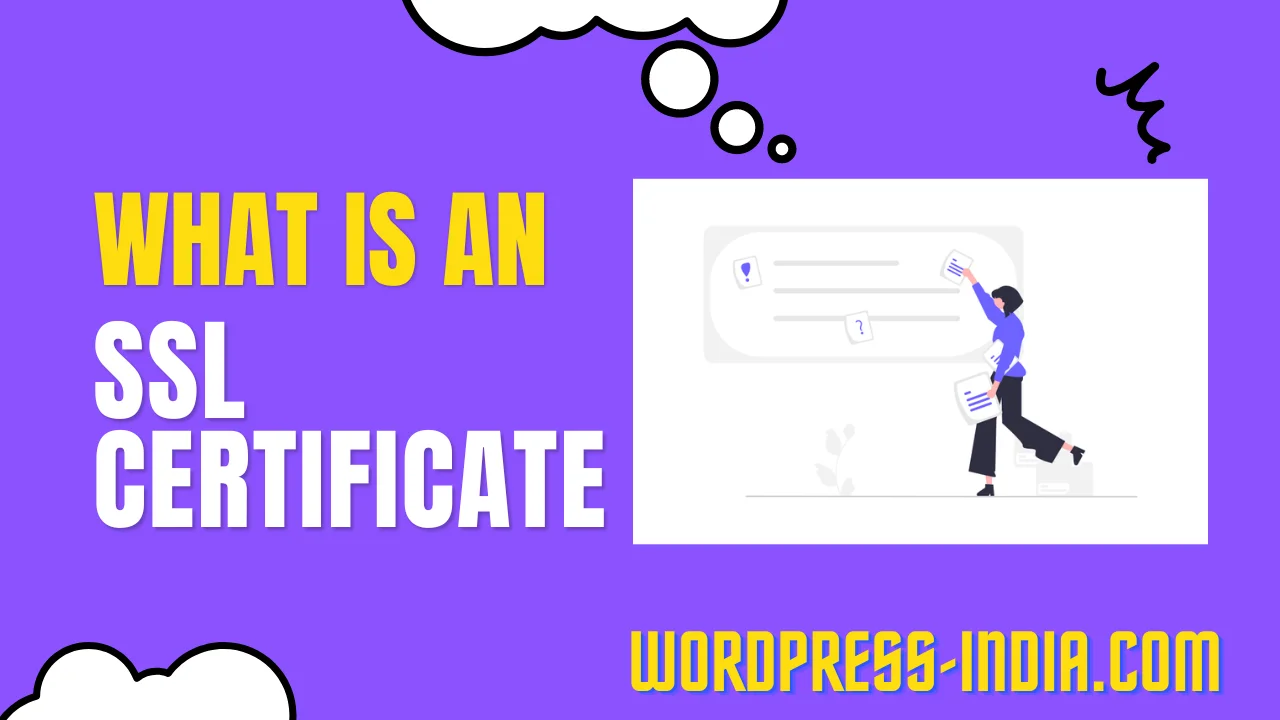1. Introduction
In the digital age, online security is paramount. One of the fundamental elements of web security is an SSL certificate. In this comprehensive guide, we’ll delve into what SSL certificates are, why they are crucial for your website, and how to make the most of them.
Table of Contents
2. Understanding SSL Certificates
Let’s start by unraveling the mystery behind SSL certificates. What exactly are they, and what role do they play in ensuring secure online interactions?
3. Why SSL Certificates Are Essential
Discover why SSL certificates are not just an option but a necessity for any website that values user trust and data security.
4. How SSL Encryption Works
Explore the fascinating world of SSL encryption, the technology that safeguards data transmission between users and websites.
5. Types of SSL Certificates
Dive into the various types of SSL certificates available and learn which one suits your website’s needs best.
6. Choosing the Right SSL Certificate
Find out how to select the perfect SSL certificate based on your website’s size, purpose, and the level of security required.
7. Installing an SSL Certificate
Step-by-step instructions on how to install an SSL certificate and secure your website effectively.
8. SSL Certificate Renewal
Don’t let your SSL certificate expire unknowingly. Learn about the renewal process to maintain uninterrupted security.
9. SSL and SEO: The Connection
Explore the relationship between SSL certificates and search engine optimization, and how it affects your website’s ranking.
10. SSL Certificates and E-commerce
For online businesses, SSL certificates are vital. Discover the trust-building benefits they bring to e-commerce websites.
11. Benefits of Having an SSL Certificate
From user trust to data protection, explore the multitude of advantages that come with having an SSL certificate.
12. Common SSL Certificate Myths Debunked
Separate fact from fiction by debunking common misconceptions about SSL certificates.
13. SSL Best Practices
Learn best practices to ensure that your SSL certificate is optimally configured and providing the highest level of security.
14. Conclusion
In conclusion, an SSL certificate is not just a padlock symbol in the browser; it’s a symbol of trust and security. By understanding what an SSL certificate is and implementing it correctly, you can protect your website and your users in the digital landscape.
FAQs
1. What is an SSL certificate, and why do I need one?
An SSL certificate is a digital certificate that encrypts data transmitted between a user’s browser and a website, ensuring secure communication. You need one to protect user data and build trust.
2. Are there different types of SSL certificates, and how do I choose the right one?
Yes, there are various types, including Domain Validation (DV), Organization Validation (OV), and Extended Validation (EV) certificates. The choice depends on your website’s purpose and needs.
3. Is SSL necessary for small websites and blogs, or is it primarily for e-commerce sites?
SSL is essential for all websites, regardless of size. It helps secure data and boosts trust among users.
4. What happens if my SSL certificate expires?
If your SSL certificate expires, your website may display security warnings, potentially scaring away visitors. It’s crucial to renew it promptly.
5. Does having an SSL certificate improve my website’s search engine ranking?
Yes, Google considers SSL as a ranking factor, so having an SSL certificate can positively impact your SEO efforts.
